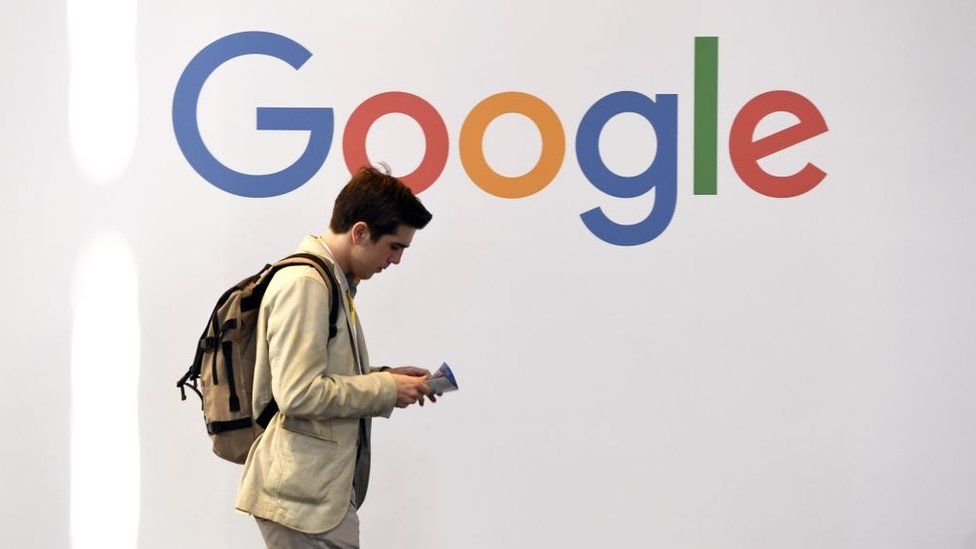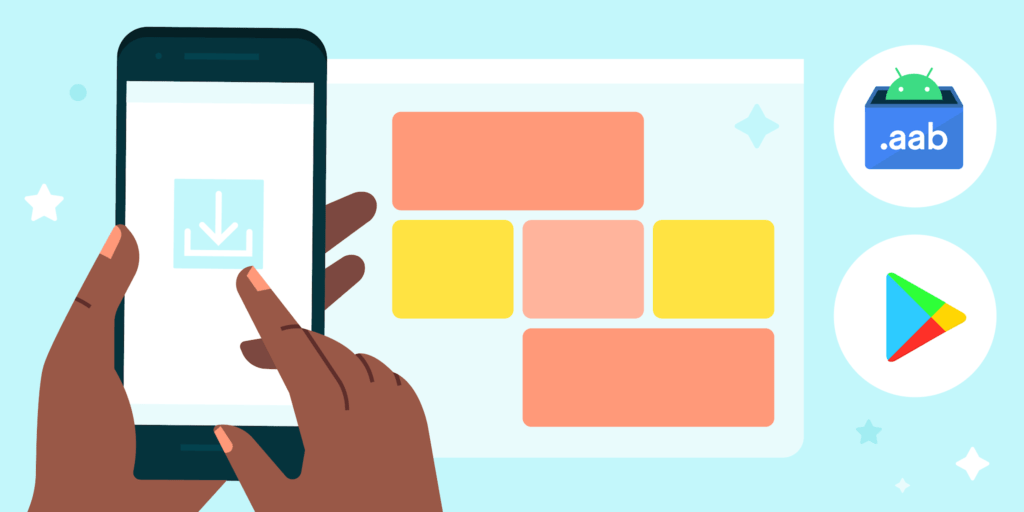Google has apparently been paying phone manufacturers not to install third-party app stores.

Google has apparently been paying phone manufacturers not to install third-party app stores.
Written by Tyler Lee
Google’s Android operating system is seen as being more “open” compared to Apple’s iOS platform. Users can install apps from outside the Play Store, and if they wanted, they could even download and install third-party app stores like those from Amazon or Samsung, just to name a few.
Interestingly enough, despite this openness, most phones only come with the Play Store installed, but why is that? According to the antitrust complaint that Epic has filed against Google, it has been revealed that Google has actually been paying phone manufacturers not to include third-party app stores in their phones.

This is part of what Google is calling its “Premier Device” program, where starting from 2019, Google gave phone makers a larger portion of its search revenue, more than they would receive. In exchange, these phone makers would agree to ship their devices without third-party app stores preinstalled on them.
This increase in revenue bumped it up from 8% to 12%, and for companies like LG and Motorola, Google sweetened the deal by offering them anywhere between 3-6% of what customers would spend in the Play Store. To that end, companies like LG and Motorola designated 95% and 98% of their devices as “Premier”, while others like those made by companies under BBK’s umbrella (Oppo, Vivo, and OnePlus) had designed about 70% of their devices as “Premier”.
Epic has since argued that Google’s practices effectively tilted the scales against other third-party stores.







